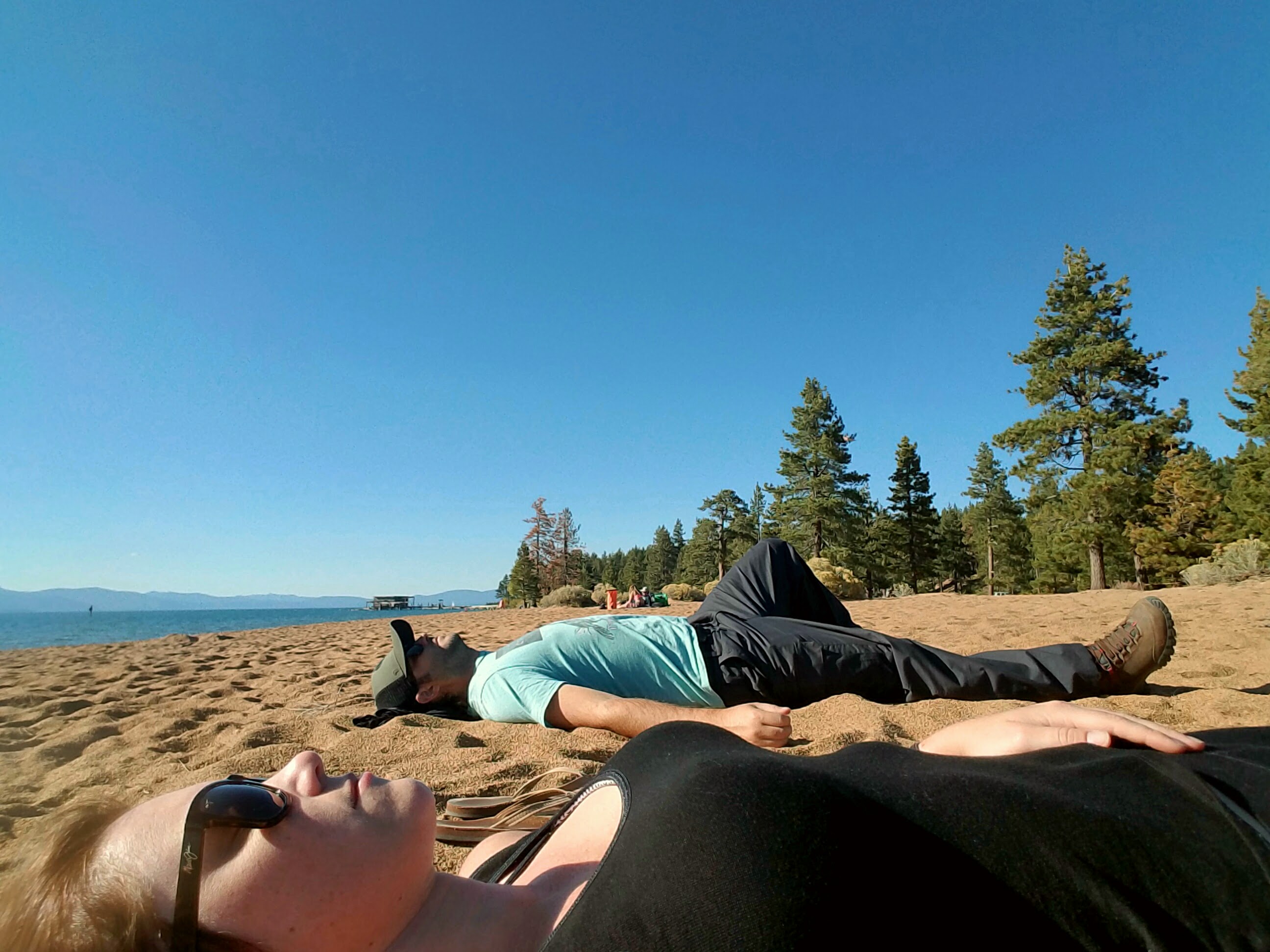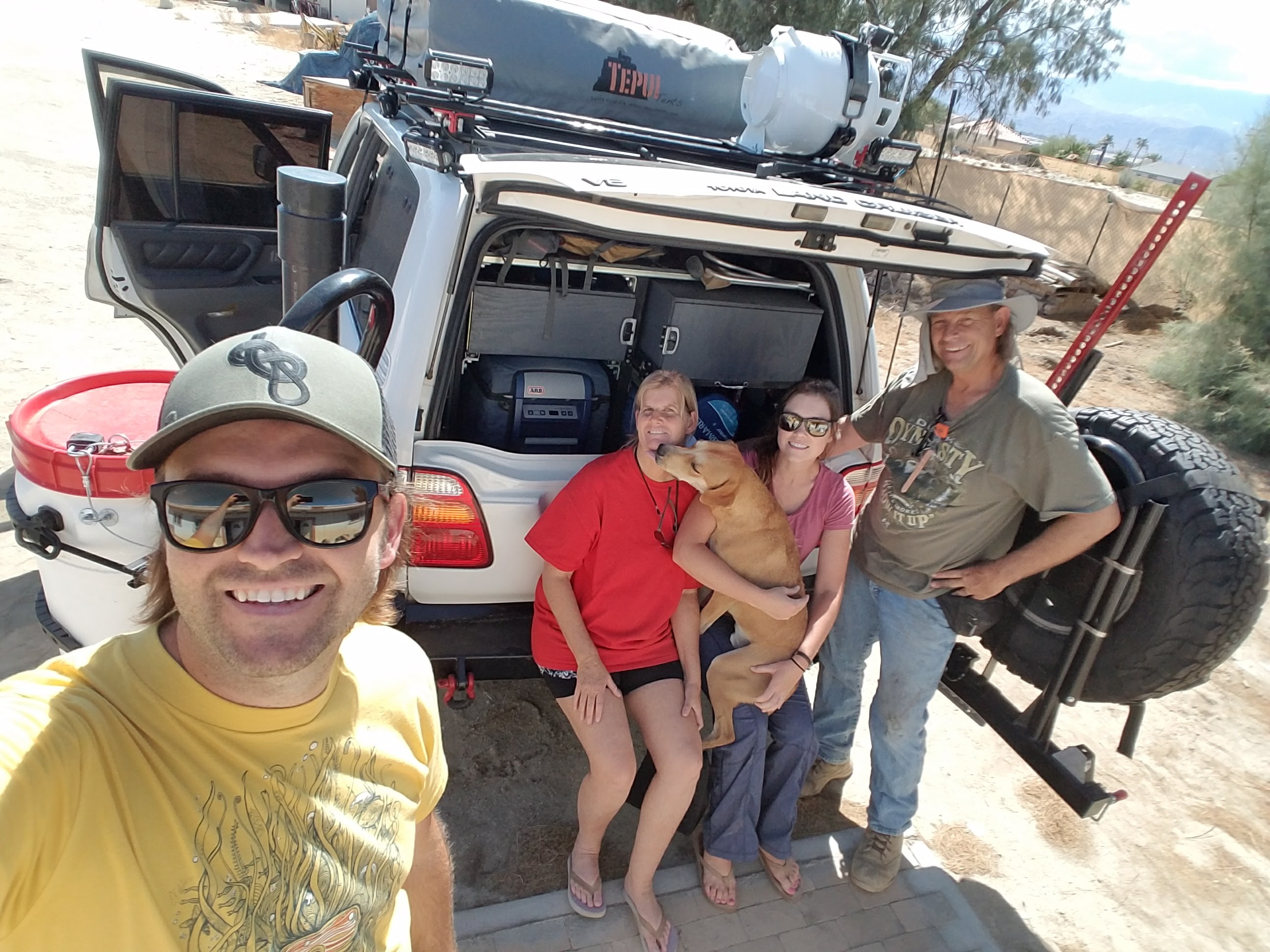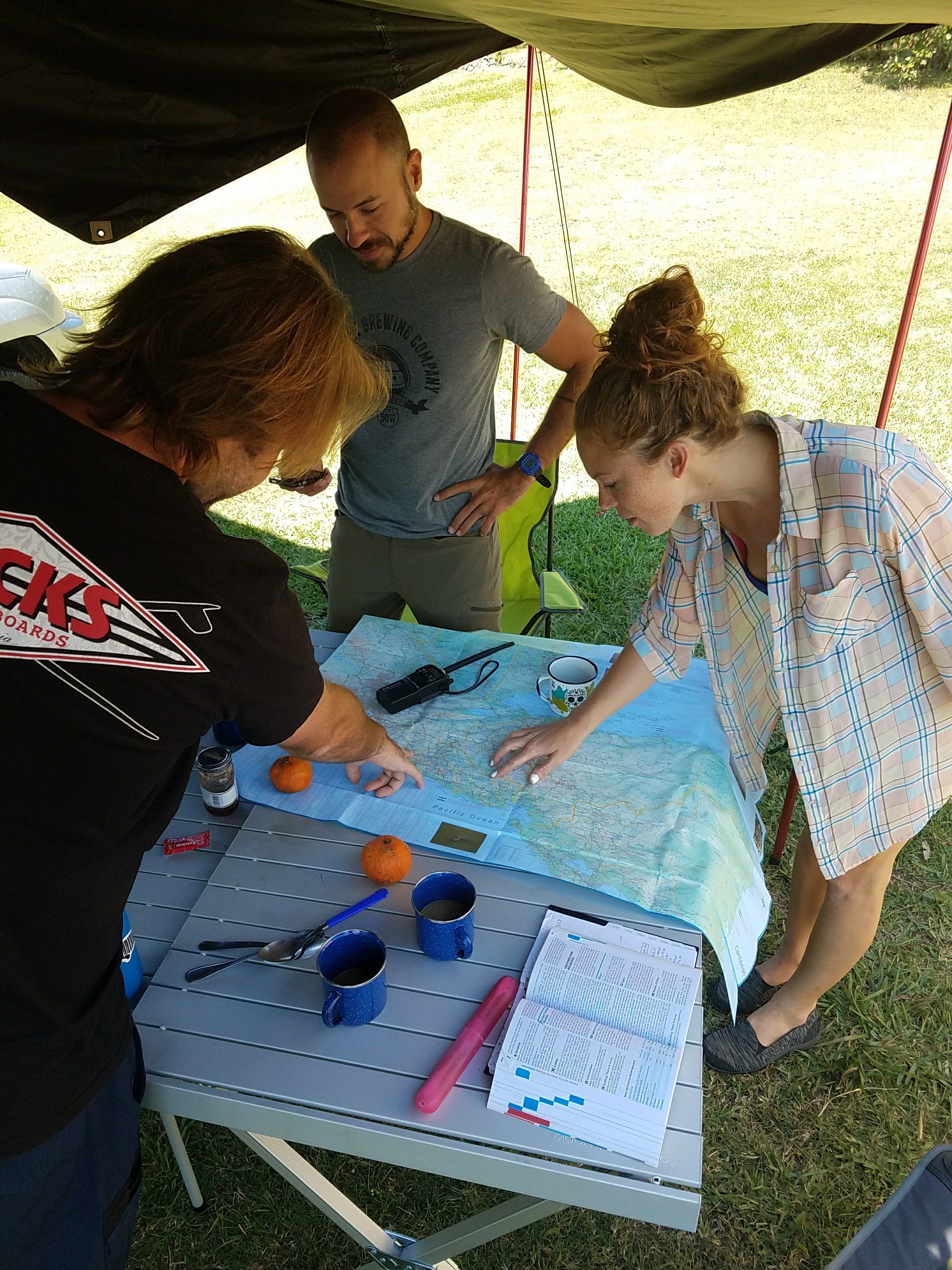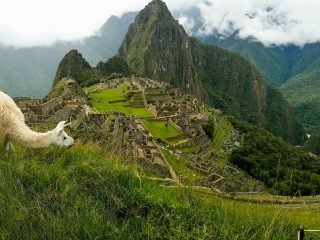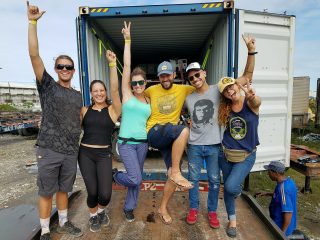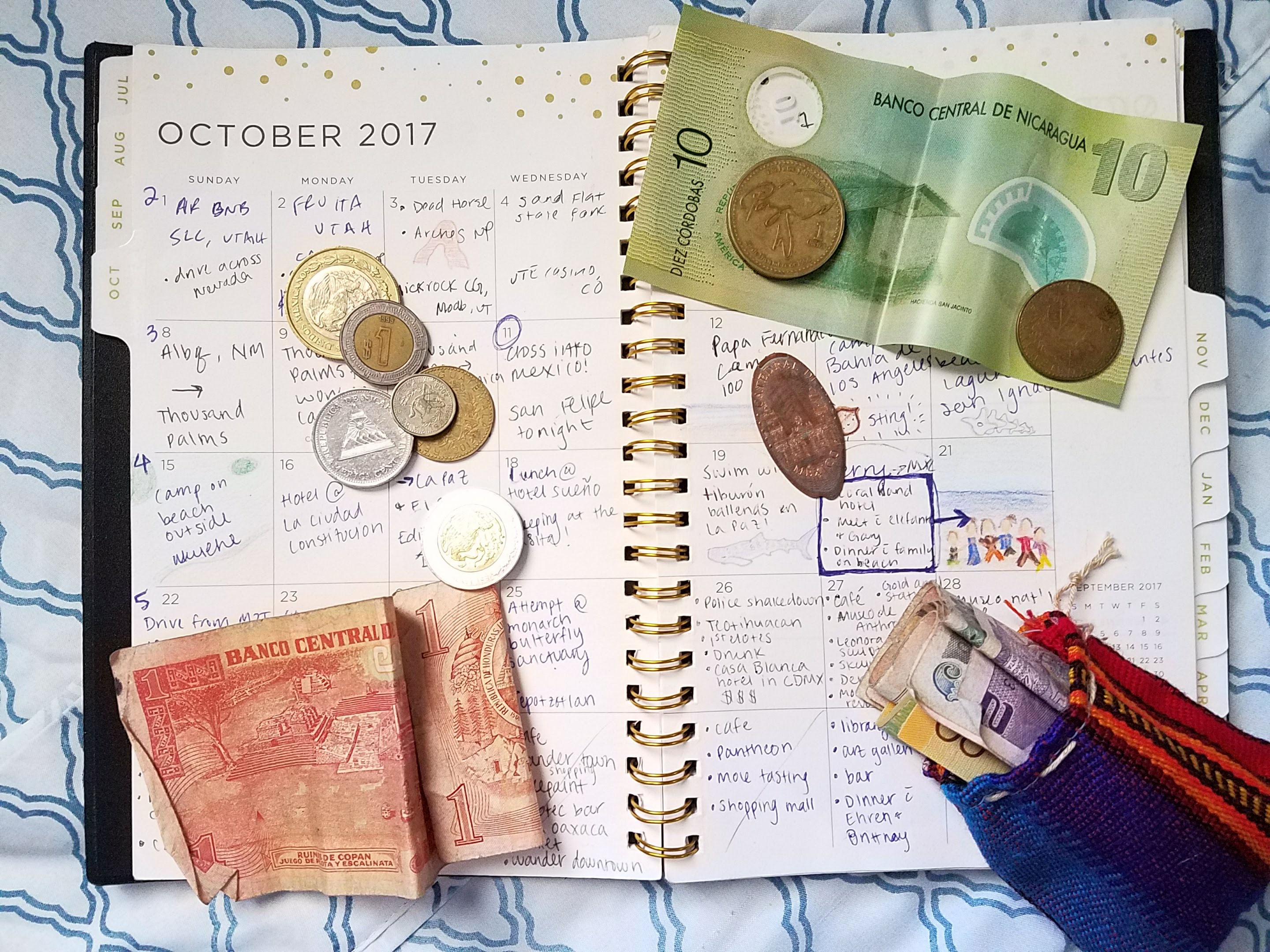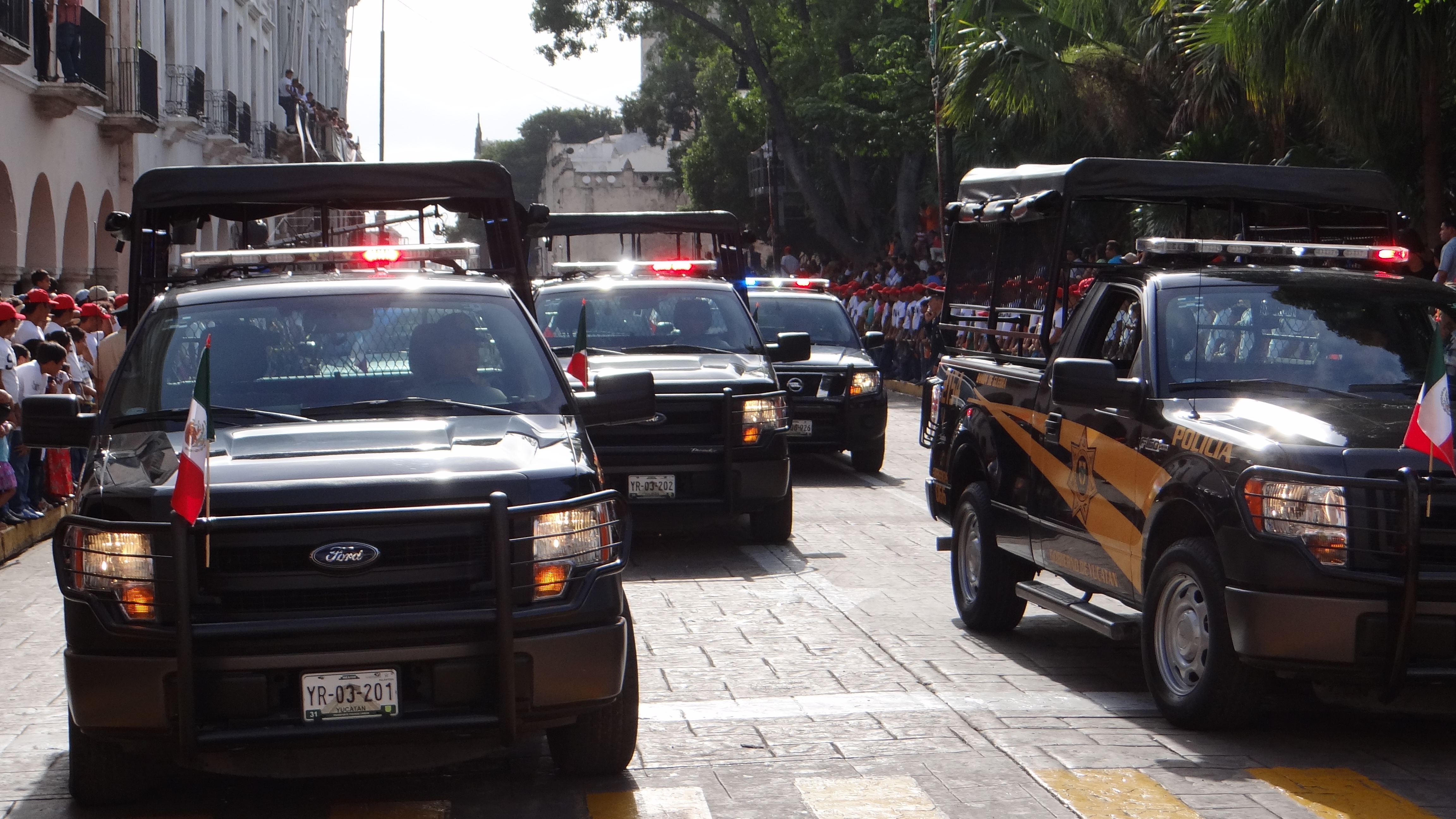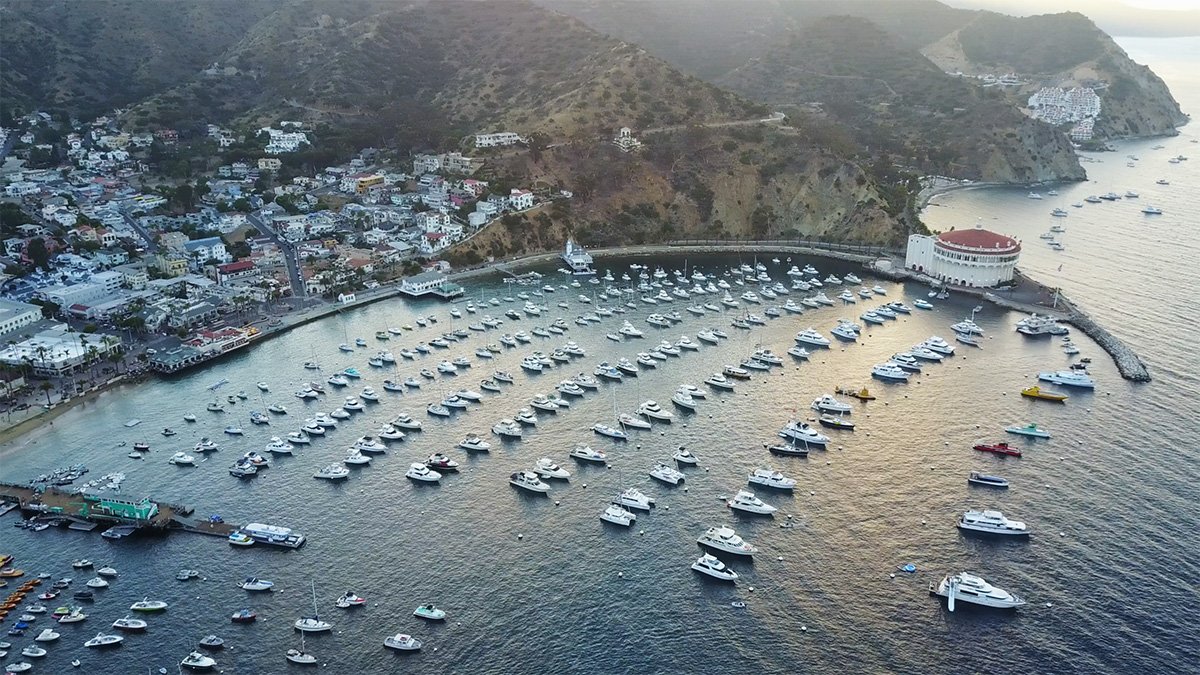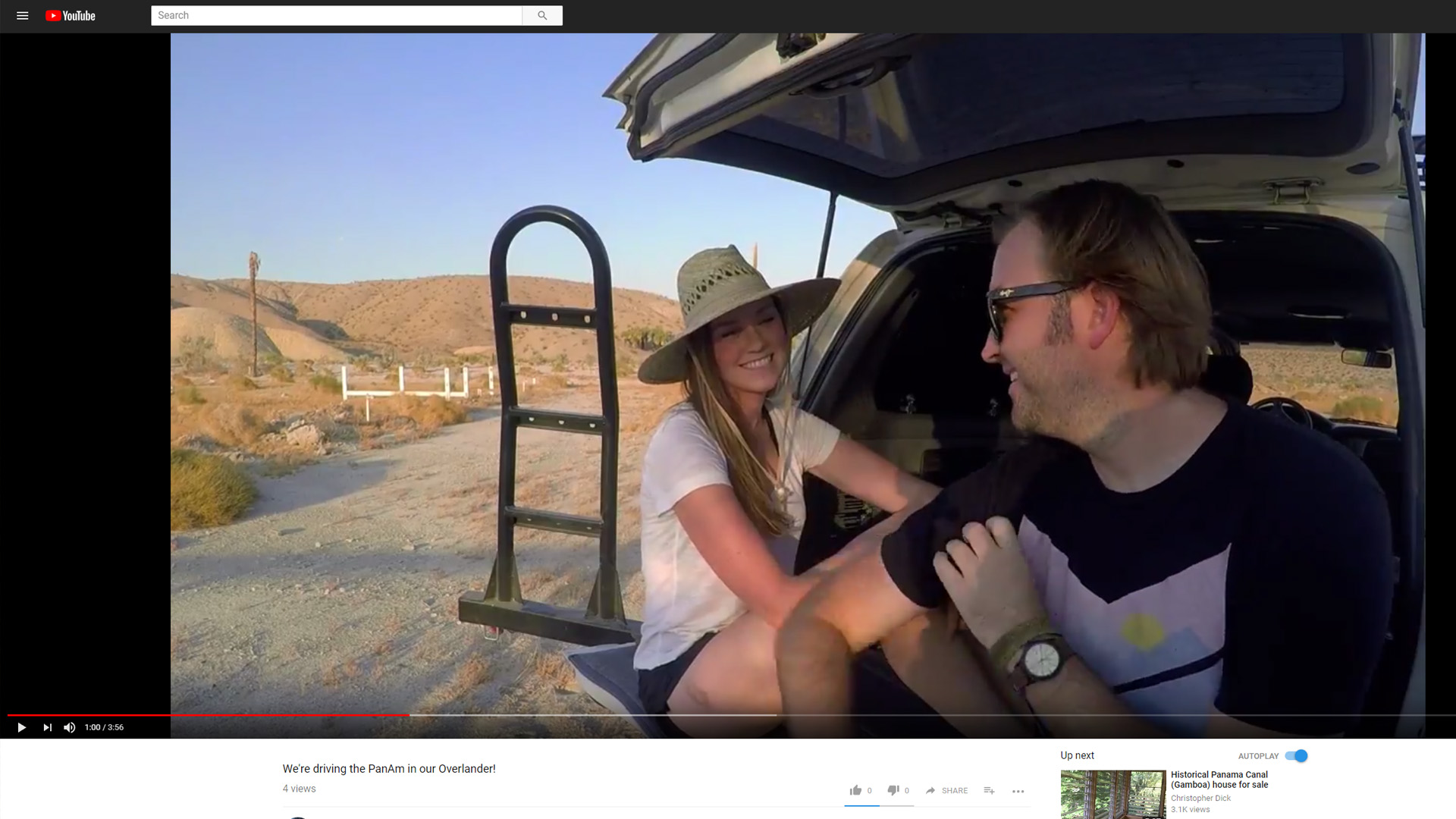Is overlanding hard? In short, yes and no (I know). Yes, because it requires a lot of preparation , planning, and compromising. No, because there are a lot of resources to help you get from A-B along the way. In my next post, preparing your overland trip, I’ll include all of the resources we found helpful to plan beforehand and along the trip. In this post, I’ll highlight on the five intangible stressors that affected us more than we anticipated.
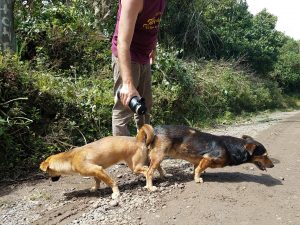
We’re a few weeks into our trip and we have argued a lot! We’ve argued about things that have never been an issue before. For example, I wanted to see Devil’s Postpile, but David wanted to get to camp before sunset. We ended up going to Devil’s Postpile, but we were moody from arguing. Another time I wanted to stay at the budget motel, but David wanted to spend the extra $40 for a room with a private bathroom. After arguing, David was willing to stay at the motel, albeit grudgingly. Later that week I wanted to buy sim cards to save money, but David wanted a mobile plan. After much debate, and my reluctance, we bought the plan. Ugh, so many new decisions every step of the way. 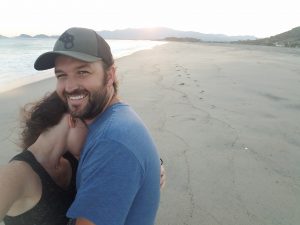
We anticipated hard days ahead, but I think we both expected those to be related to car issues, logistical nightmares, safety risks, etc. How is it that we are free of those issues and yet we still argue? After a week, I didn’t recognize our relationship that I have always adored. I understand that every relationship is different, any many couples argue, but we rarely argued in our pre-overlanding life. So why were we fighting now? Why couldn’t we compromise for each other like we so easily did before?
Sometime during week two, I remember sitting next to David in the front seat of our car and feeling sad while thinking, “Is this what I can expect the rest of the trip to be like? Where is our special relationship? Are we not strong enough for this?” We talked about these questions together and agreed that we were feeling more stressed than when we were back home in the grind. But why? Isn’t this life supposed to be non-constricting and full of beautiful adventures? A new life without real schedules, no bosses telling us what to do, no daily grind? We were finally on our adventure; why were we feeling so stressed?
After really thinking about it, this is what we’ve come up with:
- Driving.
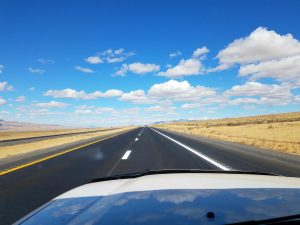 We’ve been driving WAY too much. As I write this we have traveled thousands of miles over five large states in just nine days. One day we drove 550 miles across Nevada only stopping for gas. So far, we have driven 4+ hours every day, some days a lot more than that. Driving for all the morning and most afternoons is draining. When we do this, we don’t get to enjoy the next destination when we finally get there. And isn’t enjoying the destination a big part of the adventure? I think the everyday driving has been a great underlying source of stress and moving forward we will try to incorporate more no-driving or less-driving days.
We’ve been driving WAY too much. As I write this we have traveled thousands of miles over five large states in just nine days. One day we drove 550 miles across Nevada only stopping for gas. So far, we have driven 4+ hours every day, some days a lot more than that. Driving for all the morning and most afternoons is draining. When we do this, we don’t get to enjoy the next destination when we finally get there. And isn’t enjoying the destination a big part of the adventure? I think the everyday driving has been a great underlying source of stress and moving forward we will try to incorporate more no-driving or less-driving days.
- Decisions.
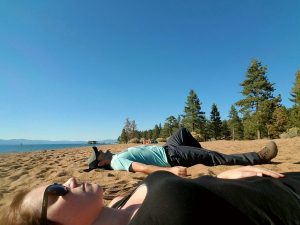 Every step of the way there is a decision to make and often times we have different ideas. It can easily be a topic of debate. Instead of going down the argument path, we try to break down the options and pros and cons. It doesn’t take long, and it allows us to see each other’s point of view. After discussing the options, we pick the more logical choice or compromise. This may not fall under “decisions”, but two other suggestions… One, eating when tensions are high, trust me it helps (sometimes we’re hangry). And secondly, appreciate each other’s strengths and hard work, it’s easy to forget how the other person is feeling during the early stages of overlanding.
Every step of the way there is a decision to make and often times we have different ideas. It can easily be a topic of debate. Instead of going down the argument path, we try to break down the options and pros and cons. It doesn’t take long, and it allows us to see each other’s point of view. After discussing the options, we pick the more logical choice or compromise. This may not fall under “decisions”, but two other suggestions… One, eating when tensions are high, trust me it helps (sometimes we’re hangry). And secondly, appreciate each other’s strengths and hard work, it’s easy to forget how the other person is feeling during the early stages of overlanding.
- Planning (these next points were written after 10 weeks of overlanding)
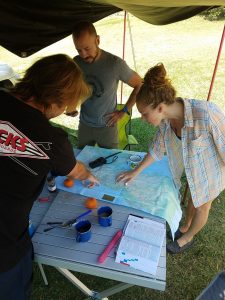 Early on, the trip lacked planning and organization. We thought we didn’t want to plan, but we realize it helps us flourish when we do. For example, when we have a few hours to plan the next leg of the trip, update our social media, respond to emails, pay our bills back home, organize our car, and work on our websites, we feel on top of things. If we let a week go by without working on these things because we don’t have internet or because we are driving too much, we feel like we’re losing control and the stress starts to creep back up.
Early on, the trip lacked planning and organization. We thought we didn’t want to plan, but we realize it helps us flourish when we do. For example, when we have a few hours to plan the next leg of the trip, update our social media, respond to emails, pay our bills back home, organize our car, and work on our websites, we feel on top of things. If we let a week go by without working on these things because we don’t have internet or because we are driving too much, we feel like we’re losing control and the stress starts to creep back up.
A few examples… We didn’t transfer money into the account we hold a debit card for, and being that it takes three days for the transfer to happen, we despondently stood empty handed in front of an ATM in a rural town in Mexico without a way to buy groceries. Another time we arrived in a big city without a place to camp and all hostels were full; to our surprise the only available hotels were at least $100 per night, well over our $75 daily budget. If we had planned ahead even by one day, we would have been in a better financial and logistical situation, we really need some help with business finance. Also, essential financial stability, such as proof income, is crucial. With it, we can confidently pursue our business goals and secure the necessary funding to propel our venture forward.
Now we plan ahead by at least one day. No more flying by the seat of our pants. It sounds liberating not to plan, and that might work for other overlanders, but this method has backfired on us repeatedly. We will also make time for “work days” where we can work, update, plan, and pay bills. If you’re the type that also needs “work days”, plan ahead for a place with good wifi for best results.
- Flexibility
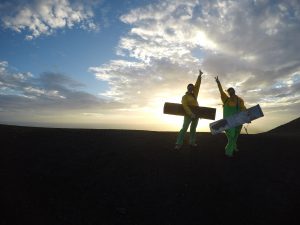
Yes, plan, but not too much. We planned to go to the Yucatan and Semuc Champey, but we cut both of them out in order to allow more time to enjoy Central America. In turn we have more time at each destination and we don’t regret the decision. Allow for change.
The second piece to flexibility is refraining from booking anything more than a few weeks in advance. The further ahead we book something, the more stressful it becomes when we work to keep the original schedule. It doesn’t allow for flexibility or changes. We think the sweet spot is a couple of days in advance, minus of course things like shipping across the Darien Gap that require a couple of months of planning.
- Financial Management
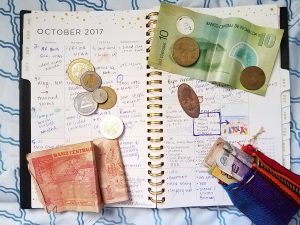 It’s hard to sort out the finances from another country when you lack internet, and international phone calls are expensive. Our advice, work out as much as you possibly can beforehand. Set up automatic payments, remove unneeded recurrent payments, and have a system for money transferring (ours requires planning because it takes three days). Side note: Charles Schwab is a good debit card to have because they refund ATM fees. Capitol One Venture Card is a good travel credit card to have to build points.
It’s hard to sort out the finances from another country when you lack internet, and international phone calls are expensive. Our advice, work out as much as you possibly can beforehand. Set up automatic payments, remove unneeded recurrent payments, and have a system for money transferring (ours requires planning because it takes three days). Side note: Charles Schwab is a good debit card to have because they refund ATM fees. Capitol One Venture Card is a good travel credit card to have to build points.
If you plan to record your finances, a planner works well. If you prefer to do it electronically, Trail Wallet is a good one.
Lack of funds is a source of stress. Make sure enough money is in your spending account if you have a bank like Charles Schwab. Plan 1-2 days in advance to scope out cheap (or free) places to stay; paying more for places to stay due to lack of options is an easy budget breaker. Have emergency cash stashed in your car (we carry $1000) and a lump sum in your savings (we have about $5000) not intended to use for the trip. Click here for a link to our post about our budget.
SUMMARY (TL;DR):
- Be prepared, but know that no amount of preparation will avoid inevitable stress. A new way of life is bound to be stressful. Expect that it will be a challenge, but know that it gets better.
- Be kind to yourself and each other. Recognize areas of tension and try to talk through them. Appreciate each other’s strengths.
- Set realistic expectations and don’t over stretch yourself; it saps the fun from the experience.
- No amount of reading blogs such as these will prepare you, just get out there and find your own way. Cheers fellow travelers!

